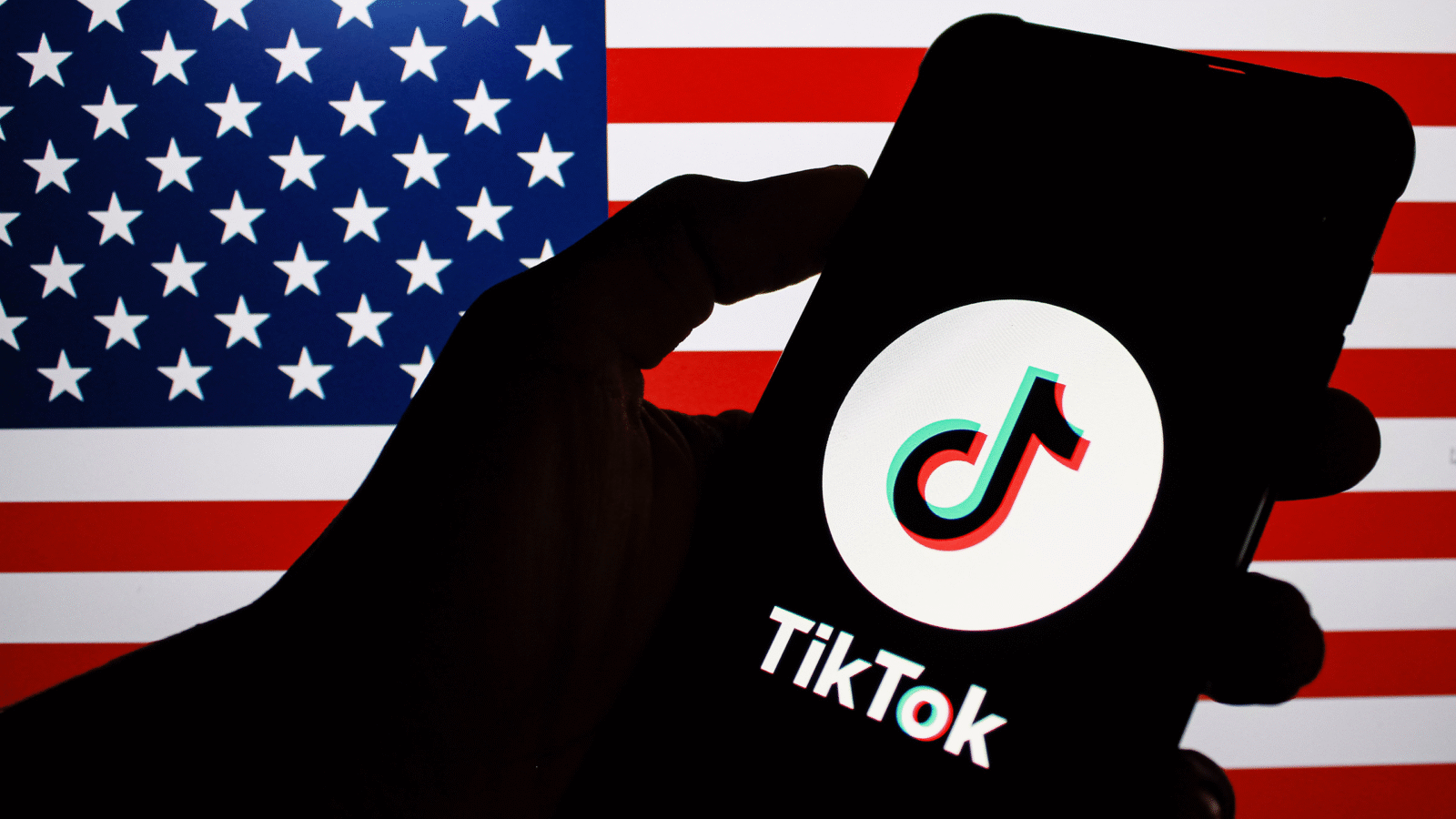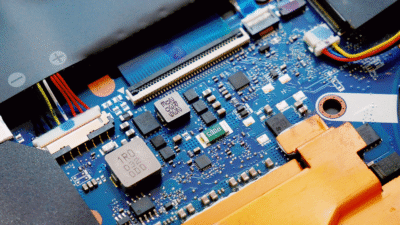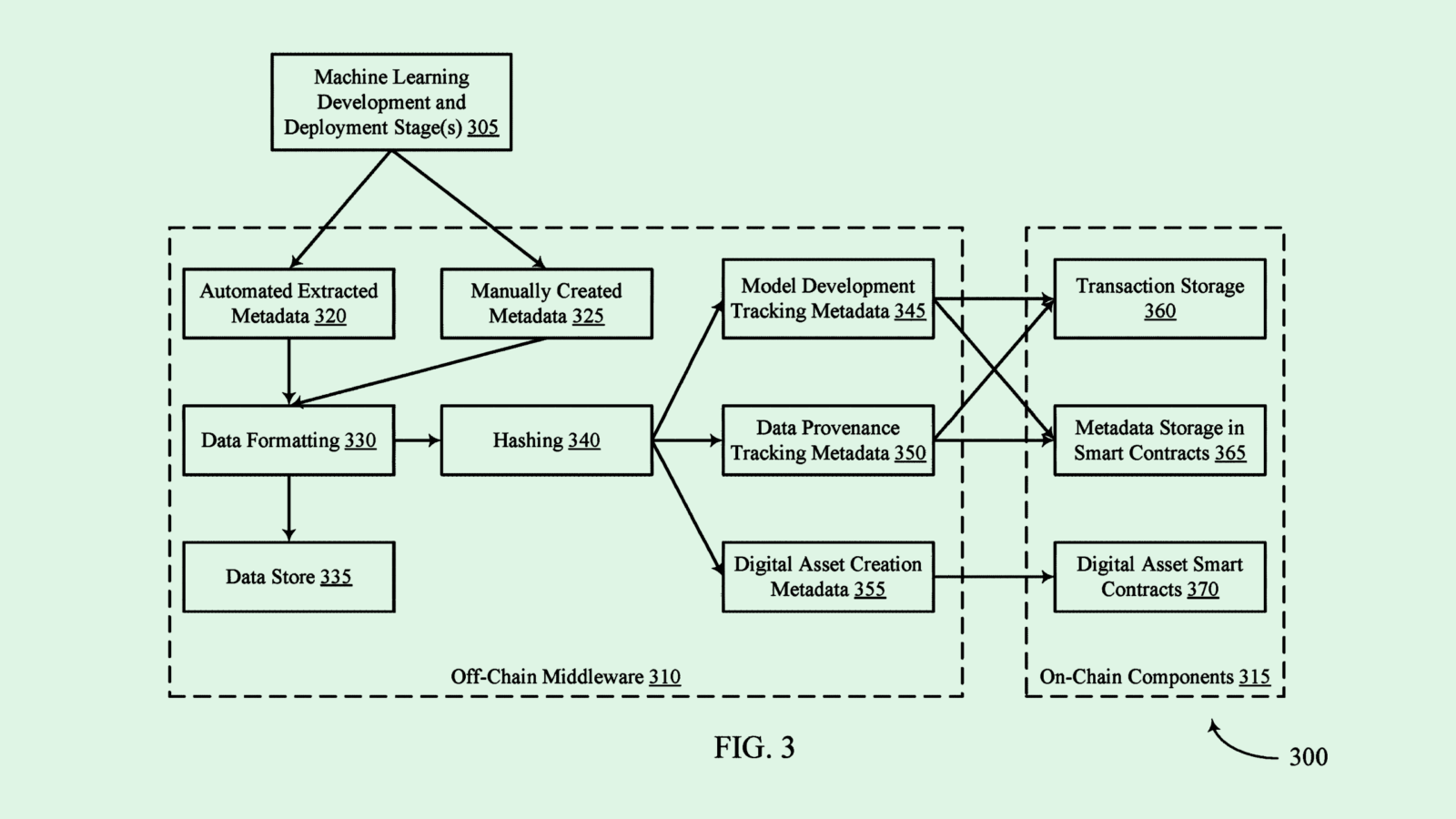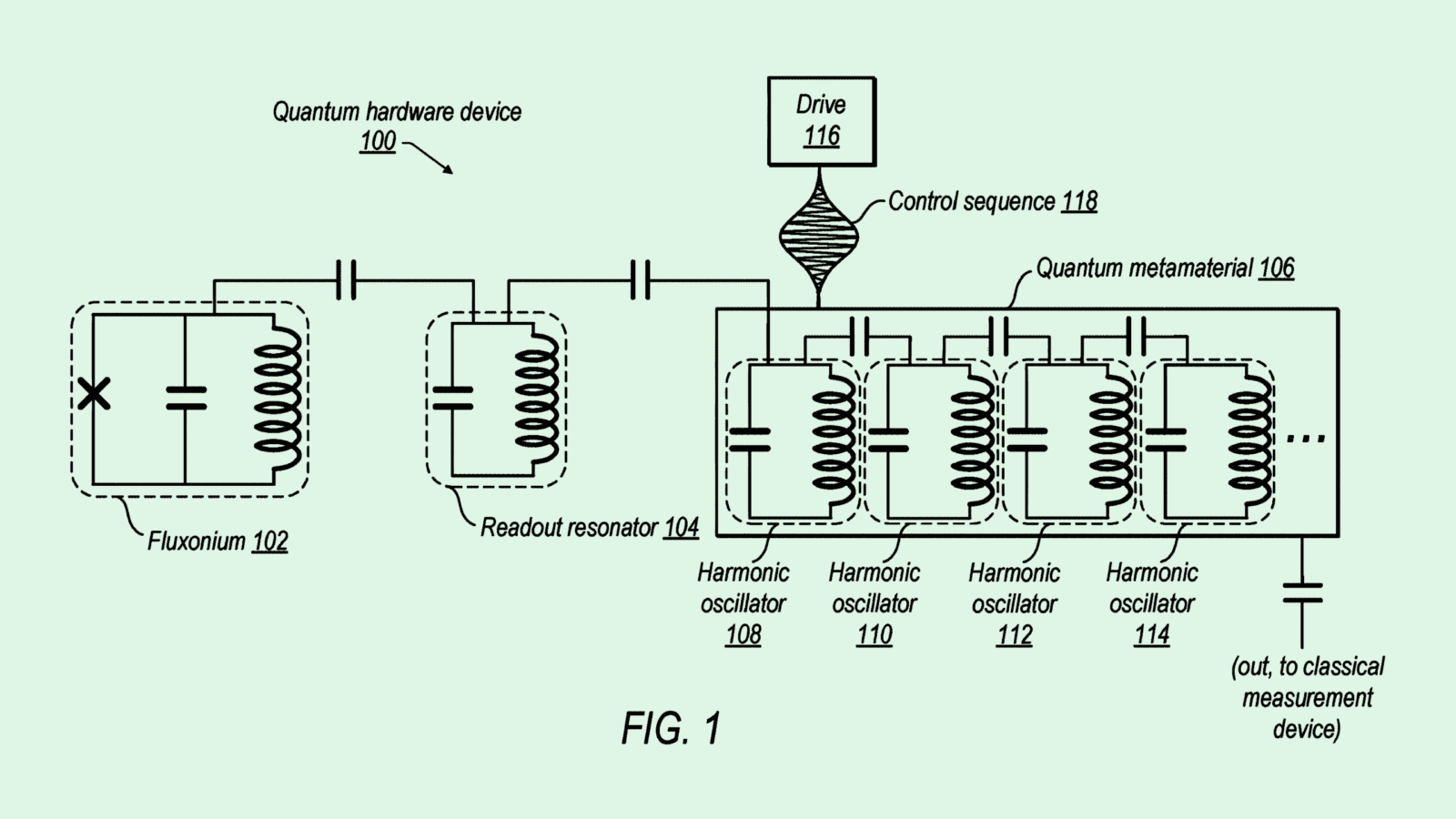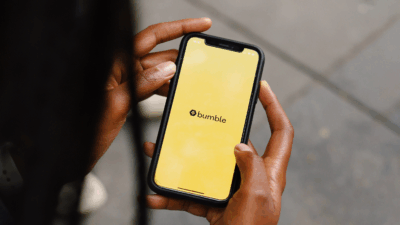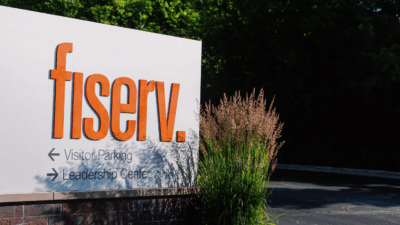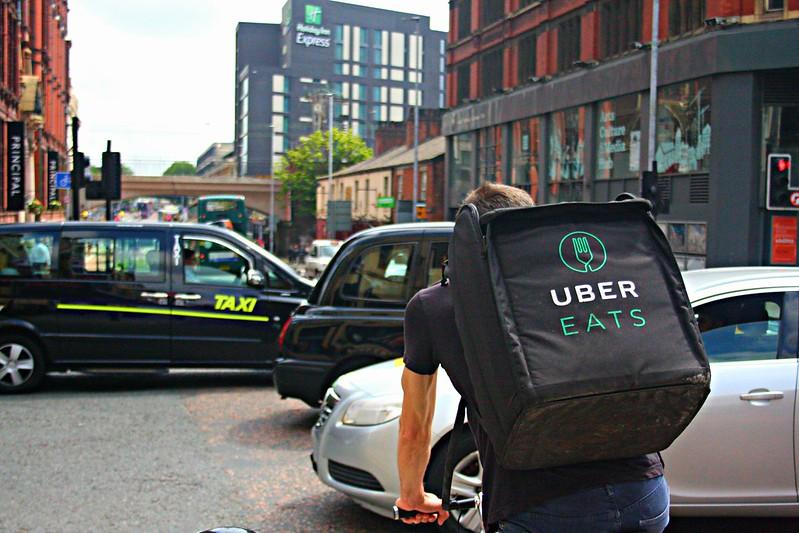
Sign up for smart news, insights, and analysis on the biggest financial stories of the day.
New York City just got a special delivery: lawsuits courtesy of Uber Eats, DoorDash, and GrubHub.
On Thursday, the trio of gig economy mavens, plus upstart competitor Relay, sued the city over sweeping new rules that would require paying gig workers a guaranteed $17.96-an-hour minimum wage — a move, they say, that would upend the city’s entire gig economy ecosystem.
A Declaration of Independent Contractors
It’s a tale as old as, well… at least as old as Uber. Should drivers for delivery and ride-share apps be considered employees — and thus receive the benefits and guaranteed wages of a regular job? Or are they, as the companies have mostly defined them, independent contractors enjoying the ever-flexible fruits of gig work, like setting their own hours and accepting and rejecting tasks as they see fit? It’s a status quo the companies have long fought to protect. Most notably, in 2020, Uber, Lyft, Instacart, and Postmates poured a record $205 million into supporting a California state ballot measure known as Proposition 22 to keep drivers classified as independent contractors. The group won, and secured the victory in a California appellate-court case this past spring upholding the measure.
Now the industry faces a similar fight on the East Coast, with DoorDash and Grubhhub filing a joint lawsuit in the Supreme Court of New York, while Uber Eats and Relay each filed separate suits. The law, set to go into effect on Wednesday, could “cause immediate and irreparable harm” to their businesses, Uber said in its complaint. Here’s how the math works out:
- The city’s new rule would require companies to either pay the roughly $18 per hour minimum, or 50 cents for every minute a driver spends on a single trip, with each rate excluding tips. That’s a healthy beat higher than the city’s overall $15-per-hour minimum wage.
- That would radically change the fluctuating per-gig rate system that delivery drivers now receive. The companies argue the new law could lead to contractors simultaneously logging on to various apps, essentially earning wages from multiple companies at once and leading to significantly higher consumer fees — possibly harming restaurants’ takeout business as well.
Add it to the List: The lawsuits are just the latest filed against the city. DoorDash, Uber Eats, and Grubhub are also suing over a 2021 law that caps the commission they can take from restaurant sales to just 23%. A similar law in San Francisco limits the cut to just 15%. The trio is also suing the city over another law that requires the app to share basic customer data — such as names, addresses, and phone numbers — with the local restaurants taking orders, unless users decide to opt-out. Then again, what’s the point of living in the country’s densest city, with takeout options aplenty, if you’re going to wait an hour to overpay for app delivery?
